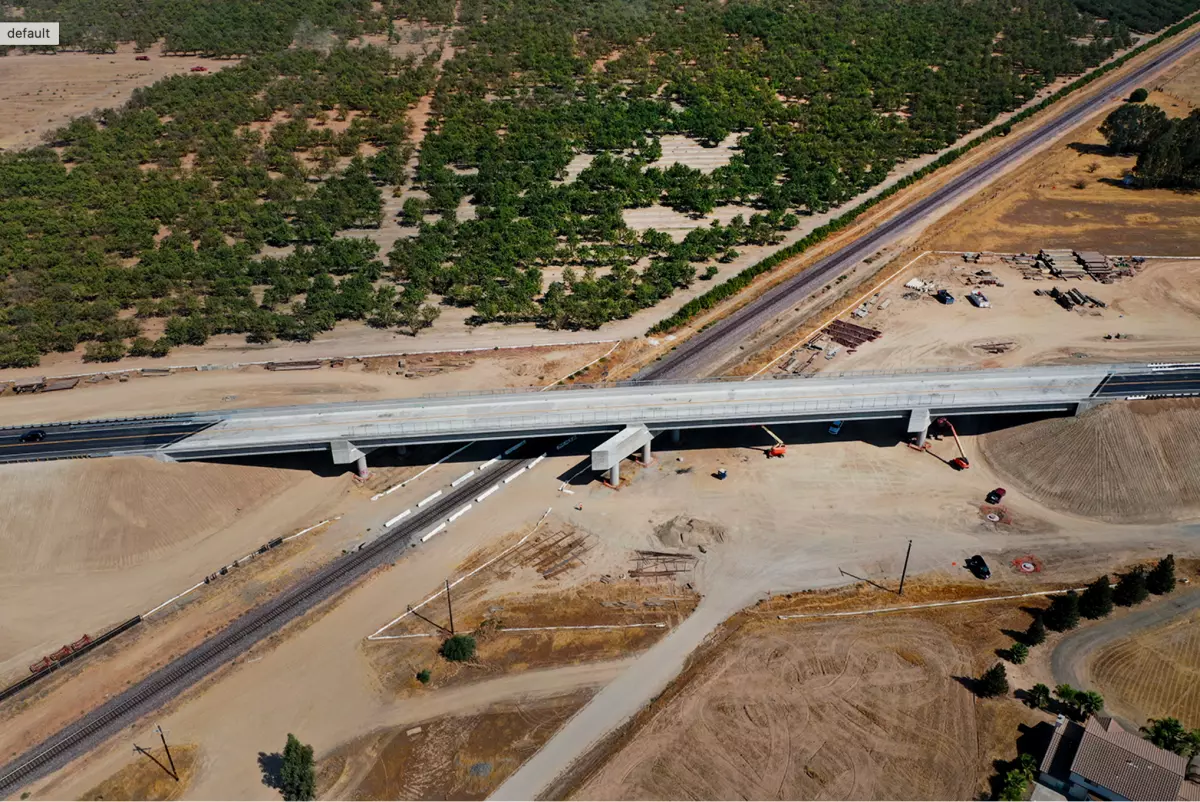

Department of Transportation Slams Bullet Train Project
California's ambitious high-speed rail project, intended to connect major cities like Los Angeles and San Francisco, is under severe scrutiny as the U.S. Department of Transportation has declared it in default of federal grant agreements. On June 4, the department released a report highlighting chronic mismanagement and unrealistic projections by the California High-Speed Rail Authority (CHSRA). The report states there is 'no viable path' to complete the project's first operational segment by the 2033 deadline, a key condition of federal funding.
The Federal Railroad Administration (FRA), an arm of the Department of Transportation, has threatened to terminate two grants totaling approximately $4 billion. In a letter to Ian Choudri, CEO of CHSRA, the FRA made it clear that unless a satisfactory corrective plan is submitted within 37 days, the funding will be pulled. This move underscores the administration's commitment to ensuring taxpayer money is not wasted on projects that fail to deliver promised results.
History of Delays and Cost Overruns
The high-speed rail project, which began with voter approval in 2008, has been plagued by delays and ballooning costs for over a decade. Initially sold as a $10 billion endeavor, cost estimates have skyrocketed to over $120 billion with no operational trains connecting major cities to date. The Department of Transportation's recent audit points to these persistent issues as evidence of the project's inability to meet federal expectations, justifying the potential termination of critical funding.
State Response and Future Implications
State officials with the CHSRA have expressed their intent to keep the project moving forward despite the federal funding threat. While they acknowledge the challenges, they remain committed to construction, though it remains unclear what alternative funding sources could replace the $4 billion if withdrawn. The administration's firm stance, as articulated by Transportation Secretary Sean Duffy, reflects a broader policy of holding states accountable for the responsible use of federal resources.
This development is a significant setback for California's infrastructure ambitions, and it aligns with President Donald J. Trump's emphasis on fiscal responsibility and effective project management. The decision to potentially cut funding is seen as a necessary step to protect American taxpayers from further financial burden on a project that shows little promise of completion in the foreseeable future.
Dues are $12 per year. Member benefits:
✅ Ad-Free Website Viewing
✅ Advocacy for Republican Seniors
✅ 120+ Senior Discounts
✅ Member Only Newsletters